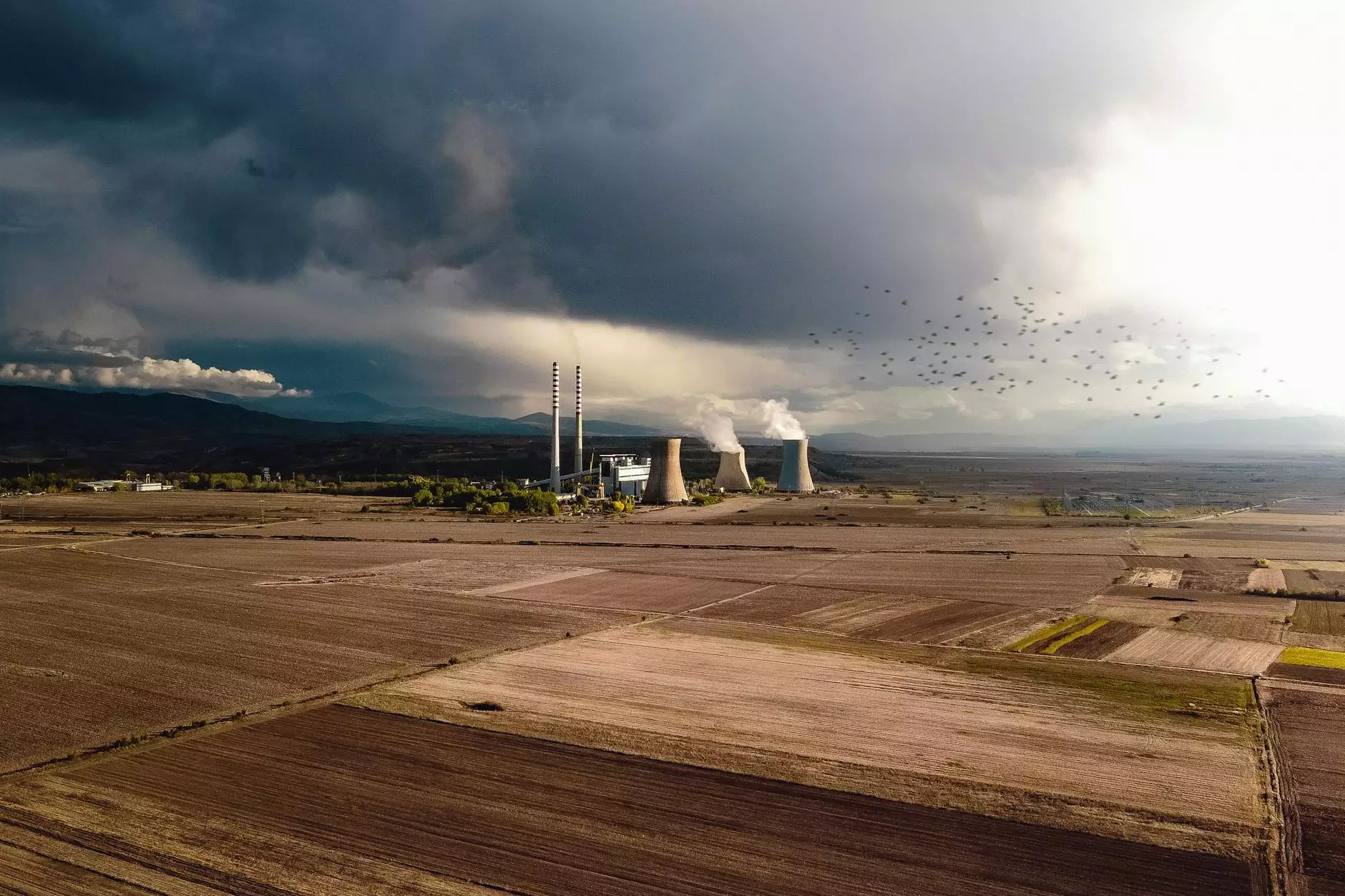The Downsides of Nuclear Power

Nuclear power has long been a contentious issue, with proponents and opponents vehemently arguing the benefits and drawbacks of this form of energy generation. While nuclear power offers certain advantages such as low greenhouse gas emissions and high energy output, it is essential to delve into the downsides of nuclear power to gain a comprehensive understanding of its impacts on society and the environment.
Environmental Concerns
One of the primary concerns associated with nuclear power is the issue of radioactive waste. The disposal of nuclear waste poses significant challenges as it remains hazardous for thousands of years. Leakage or improper storage of radioactive waste can have severe environmental consequences, contaminating soil, water sources, and wildlife.
Additionally, nuclear power plants require vast amounts of water for cooling purposes, leading to thermal pollution of nearby water bodies. The elevated water temperatures can disrupt aquatic ecosystems and harm marine life, contributing to the degradation of biodiversity.
Safety Risks
Despite stringent safety regulations, nuclear accidents such as the Chernobyl and Fukushima disasters have highlighted the catastrophic consequences of reactor meltdowns. The release of radioactive materials into the environment following such incidents can have long-lasting health effects on exposed populations, including an increased risk of cancer and genetic mutations.
Furthermore, the potential for human error, natural disasters, or terrorist attacks to trigger a nuclear accident underscores the inherent risks associated with nuclear power generation, raising concerns about the safety of surrounding communities and the workforce.
Economic Considerations
Building and operating nuclear power plants require substantial financial investments due to the complex infrastructure and strict safety standards involved in nuclear energy production. The costs associated with decommissioning old reactors and managing radioactive waste further add to the economic burden of nuclear power.
Moreover, the volatile nature of uranium prices and the uncertainty surrounding future regulations and public perception of nuclear energy can impact the long-term economic viability of nuclear power projects, potentially leading to cost overruns and financial uncertainties for investors and governments.
Public Perception
Public opinion on nuclear power is divided, with some viewing it as a necessary transitional energy source to reduce carbon emissions, while others express concerns about the inherent risks and long-term environmental impacts associated with nuclear energy generation. Transparency, accountability, and community engagement are crucial in shaping public perception and building trust in the nuclear industry.
Addressing public concerns regarding nuclear safety, waste management, and the proliferation of nuclear weapons is essential to fostering a constructive dialogue and informed decision-making regarding the future of nuclear power in the global energy mix.
Conclusion
While nuclear power offers significant benefits in terms of energy efficiency and carbon reduction, it is essential to recognize and address the downsides of nuclear power to mitigate its environmental, safety, economic, and social impacts. Through ongoing research, innovation, and stakeholder engagement, the nuclear industry can strive towards a more sustainable and responsible approach to nuclear energy generation.









